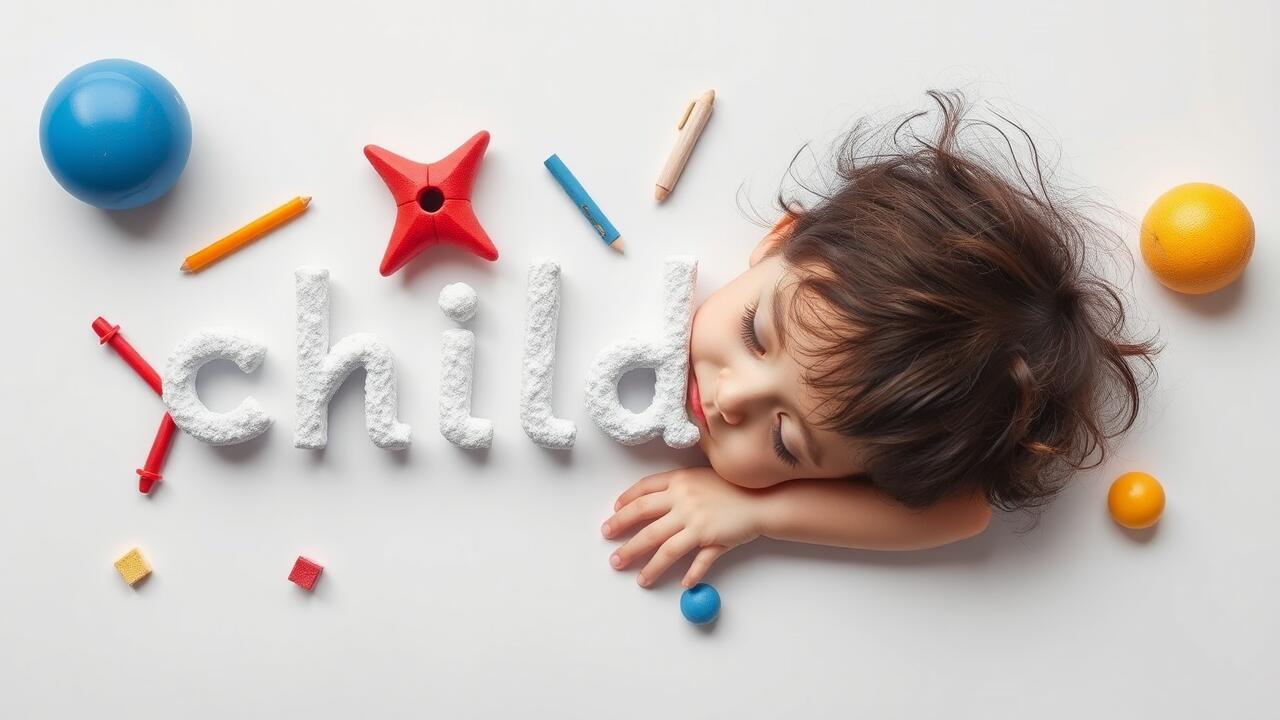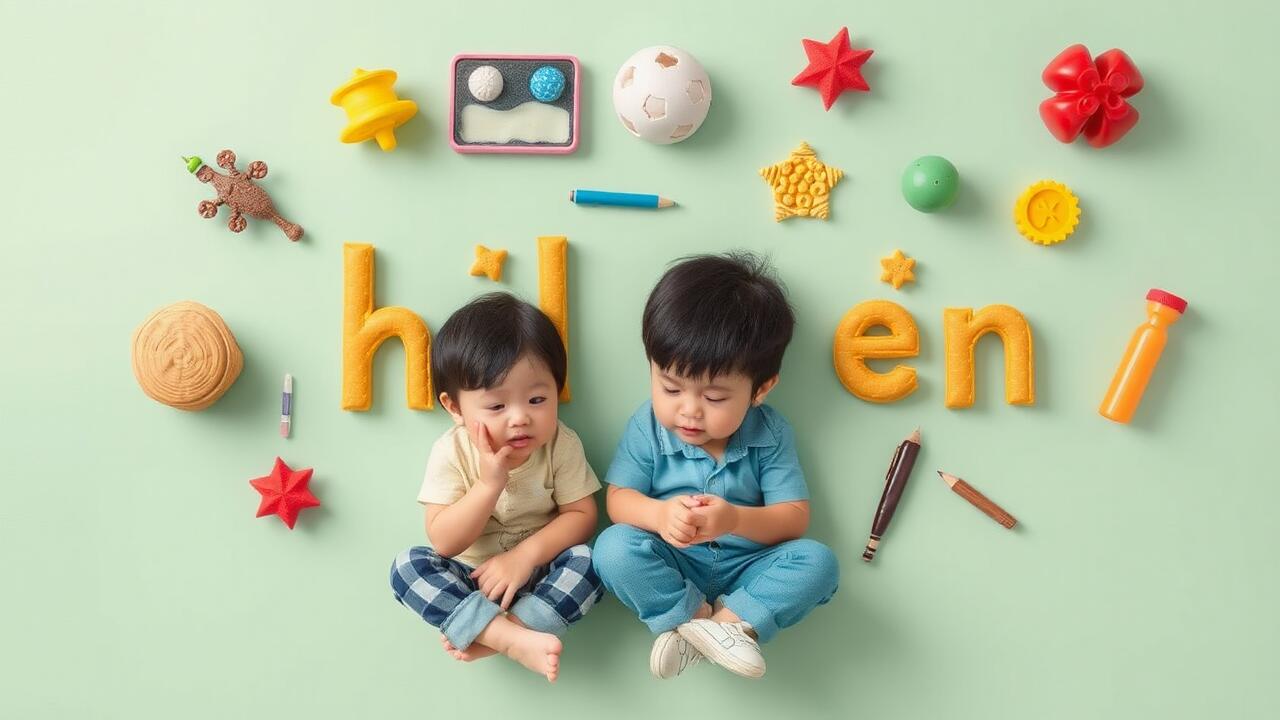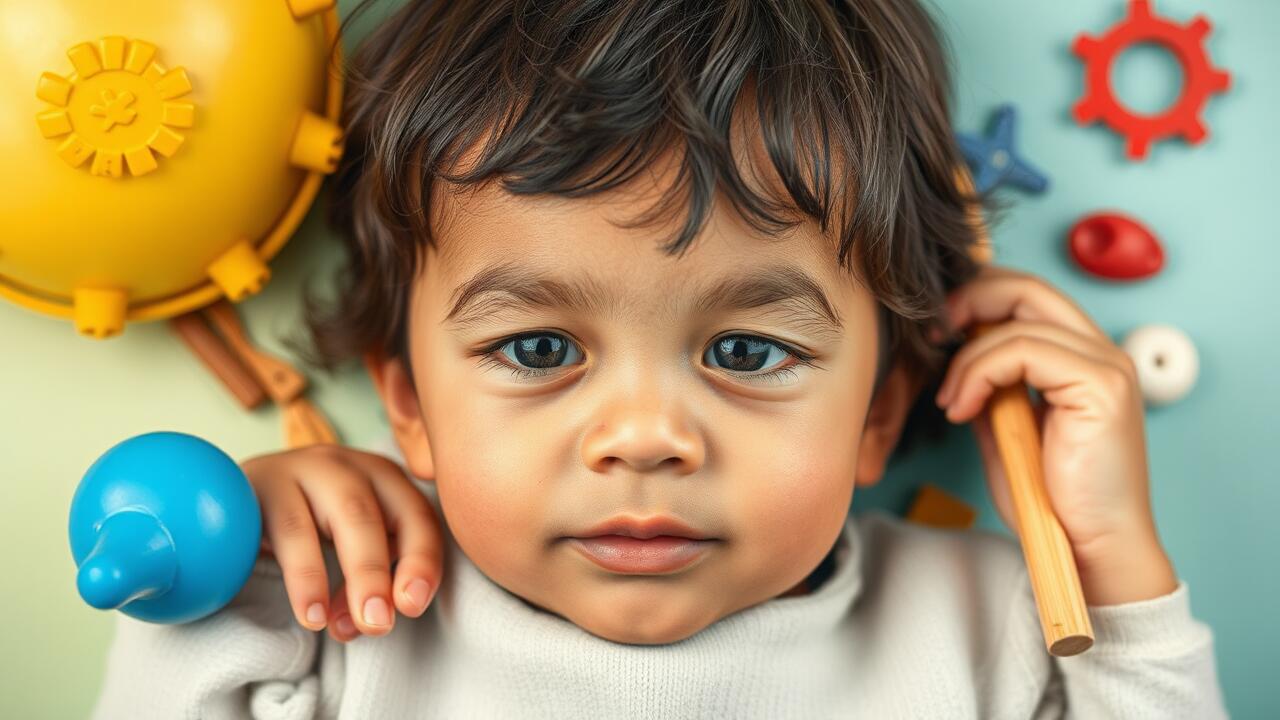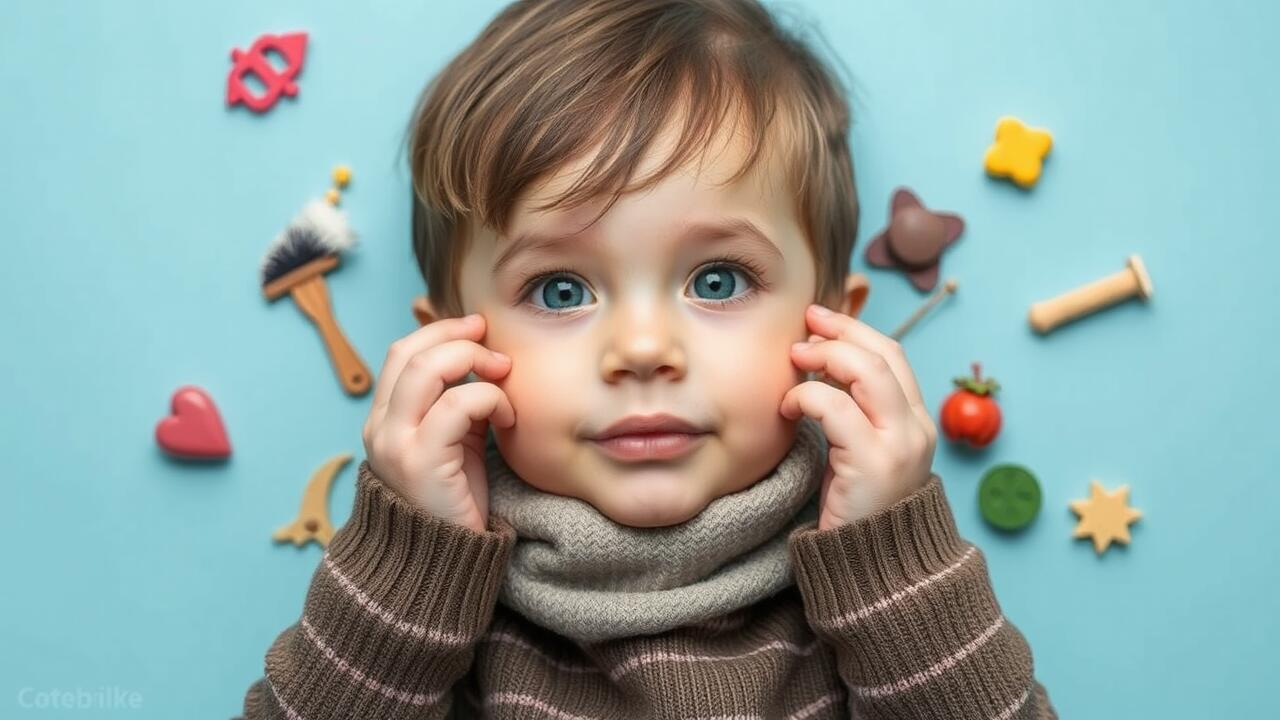Understanding Your Child's Emotional Development
Understanding your child's emotional and behavioural development is crucial for supporting their growth journey. This development shapes how they understand and manage their feelings, relate to others, and navigate the world around them. From the intense feelings of early childhood to the complex emotions of pre-adolescence, each age brings unique challenges and opportunities for emotional growth.
What Is Emotional Development?
Emotional development encompasses how children learn to:
- Identify and understand their own emotions
- Express feelings in appropriate ways
- Read and respond to others' emotional cues
- Develop empathy and emotional regulation skills
- Build emotional resilience and coping strategies
Age-by-Age Guide to Emotional Development
Early Childhood (Ages 4-5)
The preschool and kindergarten years mark significant emotional growth. During this period, children begin developing basic emotional awareness and expression skills. They experience intense emotions but are still learning to regulate them, which often leads to emotional outbursts and meltdowns. This is also when children start developing empathy and understanding that others have different feelings than their own.
Middle Childhood (Ages 6-8)
These years bring increased emotional complexity as children develop better self-awareness and social skills. They begin understanding more nuanced emotions and start developing more sophisticated strategies for emotional regulation. However, they may still struggle with big feelings and need support in managing emotional challenges.
Late Childhood (Ages 9-11)
As children approach adolescence, their emotional landscape becomes more sophisticated. They experience more complex emotions and begin to understand subtle social dynamics. Hormonal changes may start affecting their emotional stability, and they often face new challenges in managing their feelings while striving for independence.
Common Emotional Challenges
Throughout childhood, parents often notice:
- Emotional outbursts and meltdowns
- Difficulty managing frustration
- Anxiety about new situations
- Mood swings
- Sensitivity to criticism
- Struggles with peer relationships
- Changes in emotional expression
Supporting Your Child's Emotional Development
Create a Supportive Environment
- Validate your child's feelings while helping them manage reactions
- Maintain consistent routines and boundaries
- Provide a safe space for expressing emotions
- Model healthy emotional expression and coping strategies
Build Emotional Intelligence
- Help your child name and understand their feelings
- Teach coping strategies appropriate for their age
- Encourage empathy and perspective-taking
- Practice problem-solving skills together
When to Seek Help
While emotional ups and downs are normal, consider professional support if your child:
- Shows persistent emotional distress
- Has frequent, intense meltdowns beyond typical for their age
- Demonstrates significant changes in behavior or mood
- Struggles to maintain relationships
- Shows signs of emotional regression
Looking Ahead
Remember that emotional development is a gradual process, and each child progresses at their own pace. By understanding the typical patterns and challenges of each age, you can better support your child's emotional growth while recognizing when additional help might be needed.
Understanding your child's emotional development helps you:
- Respond effectively to their needs
- Support their growing independence
- Foster resilience and coping skills
- Build stronger family relationships
- Prepare for upcoming developmental stages
Every child's emotional journey is unique, but with patience, understanding, and appropriate support, you can help your child develop the emotional skills they need to thrive.
Pages
emotional development in 11 year olds
Emotional development in 11 year olds is a critical phase where children begin to navigate complex emotions and enhance their emotional regulation skills. During this time, social-emotional development becomes increasingly important as children learn...... Read More
emotional development in 10 year olds
Emotional development in 10 year olds is a critical phase characterised by significant changes in their emotional state and understanding of social dynamics. At this age, children begin to navigate complex emotions and develop skills for emotional re...... Read More
emotional development in 6 year olds
Emotional development is a crucial aspect of childhood development, particularly in 6 year olds. During this stage, children navigate various emotions, learning to express their feelings and develop emotional regulation skills. These skills significa...... Read More
emotional development in 9 year olds
Emotional development in 9 year olds is a crucial phase where children begin to understand and regulate their emotions more effectively. At this age, they experience a broad spectrum of feelings and develop their emotional responses to various situat...... Read More



